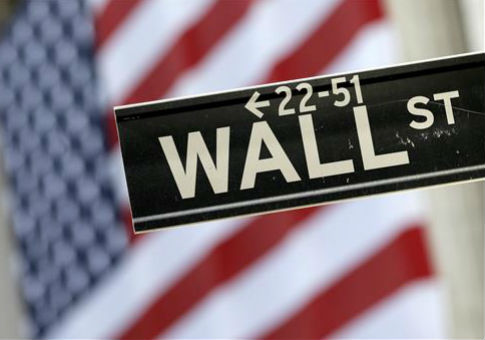William Goetzmann’s Money Changes Everything is a thorough look at finance and world history, a 5,000-year journey that demonstrates the pivotal role of free market capitalism in building nations and serving human interests.
We travel first to ancient Babylonia to witness early examples of financial record-keeping and profit projections. There, a tablet "describes the growth of a herd of cattle over a ten-year period and the corresponding quantity of milk and cheese expected from an exponential increase in the herd." The tabulations illustrate the early business owner’s incentive to plan in order to reduce risk and drive future profits.
As the spirit of commerce advances, we see the Athenian city-state mobilize the great Port of Piraeus. "Piraeus had many attractive features—a natural, protected inner harbor surrounded by wharves and markets—but its vital infrastructure was legal: a tradition of contracting and commercial law." The legal aspect of business took on greater significance in Athens, which produced goods on a commercial scale to trade with neighbors. The resulting financial industry did not simply create wealth—it sparked philosophical debates about the morality and usefulness of commerce in human society.
Then we are off to ancient Rome, where we learn how the rule of law brought both opportunities and challenges to business interests. We see, for example, how partners in a commercial firm feared they were liable to the creditors of a fellow partner. This shortcoming in the law limited partnerships "to a few participants who trusted one another and could share personal financial information." This reactive development protected investor interests from risk but also inhibited growth, putting "an upper bound on the ability to create large pools of capital and to trade shares in a company."
Jumping east, we see how the unification of China in 221 B.C. "was symbolized by the introduction of a new coinage system." Goetzmann draws a modern parallel to make this lesson relatable for readers. "The audacious strategy of unifying an empire under a single currency must have led to the same kind of trade efficiencies enjoyed by the people of the Eurozone in the 1990s when the euro was introduced. However, it must also have created localized economic problems as well, since monetary policy and decisions about the quantity of money in circulation were centrally controlled." Goetzmann continues, "…the value of the currency rose and ultimately collapsed with the state. This is a lesson learned much later in European history." This is a key strength of the 500-page book. The author challenges us to consider the contemporary implications of historical events, events that led to the prosperity and poverty of millions.
The book’s most interesting discussion concerns financial developments in Venice. The development of bonds and loans by the Venetian government injected much-needed liquidity into markets, encouraging great inventions and accomplishments. Yet the emergence of for-profit lending let to yet more philosophical debates over the morality of abstract ways of generating wealth—debates that are fueled today by financial shocks, economic inequality, and anti-bankster populism.
Goetzmann also devotes a significant portion of the book to the development of mathematical research, which was fueled by the need for accurate assessments of probability in finance. Here the book could have been lost in abstraction, but the author’s skill in demonstrating the historical significance of finance and mathematics—dull topics in all but the best hands—makes his arguments more enjoyable and convincing.
Indeed, a great strength of the book is its anecdotal quality. We learn, for instance, that the fourteenth century—not far removed from the Dark Ages—featured complex shareholder schemes that casual students of history typically associate with the seventeenth century at the earliest. "In 1372, twelve mill companies … merged to form one big firm, the Honor del Bazacle.’’ This proto-corporation held annual shareholder meetings led by a board of directors, and even had "a sense of honor and mission," giving a new twist to corporate responsibility. The author contends that such entrepreneurial innovations—made in an era of deep feudal autocracy—demonstrates the creative power of finance, which led to extraordinary benefits for ordinary people.
Money Changes Everything is an extremely impressive and enjoyable read. Though long and detailed, the book is not daunting, and its lesson is crucial. Free enterprise involves risk, but the broad sweep of history shows it has been a remarkable servant of human interest. Those who say otherwise, like Karl Marx, offer a "reversion to a way of life before the first cities and large-scale nation states"—to an era of despotism, autocracy, and serfdom.
